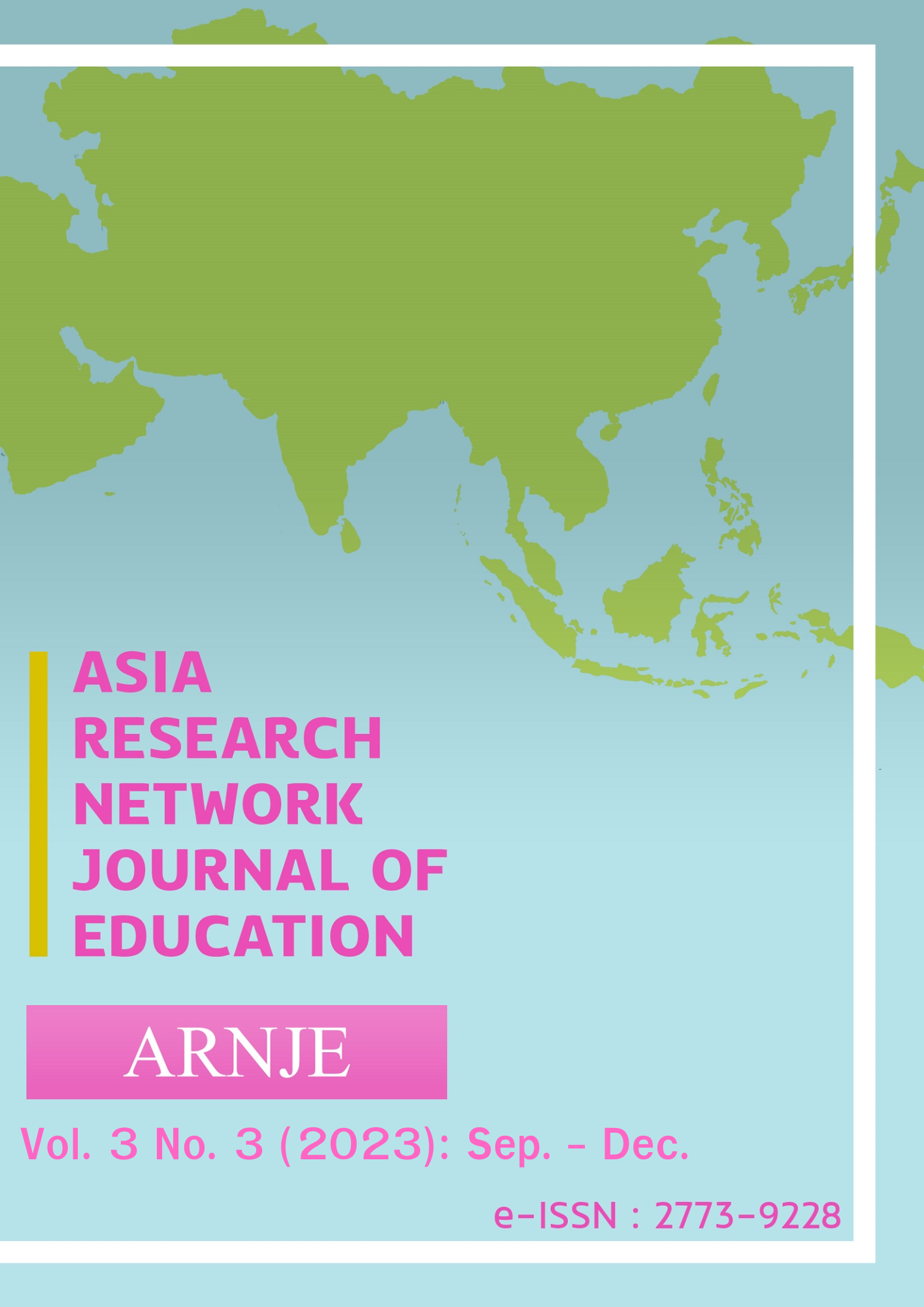Personal Resources and Work-Based Identity: Does Work Engagement Matter?
Main Article Content
Abstract
Studies show that work-based identity is an important construct in understanding work-related behaviors such as their involvement in, attachment to and performance at work. Although several studies on individual characteristics have examined the potential precursors of work-based identity, examining this in the context of psychological capital (PsyCap) as an individual characteristic has yet to be explored. The present study aims to examine the association between psychological capital and work-based identity as mediated by work engagement. A sample of 642 faculty from different private and public colleges/universities in Iligan City, Lanao del Norte and Cagayan de Oro City, Misamis Oriental answered a set of questionnaires assessing teachers’ level of psychological capital, work engagement, and work-based identity. The results revealed that work engagement significantly mediated the link between psychological capital and work-based identity. This implies that teacher who possess high level of psychological capital (hope, self-efficacy, resilience and optimism) have stronger work-based identity due to higher level of work engagement. Conversely, those who reported lower level of psychological capital have reduced level of work engagement, which in turn, weakens their work-based identity. The findings of the study highlight the important role of psychological capital and work engagement toward teachers’ work-based identity.
Article Details

This work is licensed under a Creative Commons Attribution-NonCommercial-NoDerivatives 4.0 International License.
Copyright: CC BY-NC-ND 4.0
References
Bermejo, L., Hernández-Franco, V., & Prieto-Ursúa, M. (2013). Teacher Well-being: Personal and Job Resources and Demands. Procedia - Social and Behavioral Sciences, 84, 1321–1325. https://doi.org/10.1016/j.sbspro.2013.06.750
Bothma, F. C., & Roodt, G. (2012). Work-based identity and work engagement as potential antecedents of task performance and turnover intention: Unravelling a complex relationship. SA Journal of Industrial Psychology, 38(1), 1–17. https://doi.org/10.4102/sajip.v38i1.893
Chen, Q., Wen, Z., Kong, Y., Niu, J., & Hau, K. T. (2017). Influence of leaders’ psychological capital on their followers: Multilevel mediation effect of organizational identification. Frontiers in Psychology, 8(OCT), 1–12. https://doi.org/10.3389/fpsyg.2017.01776
de Braine, R., & Roodt, G. (2011). The Job Demands-Resources model as predictor of work identity and work engagement: A comparative analysis. SA Journal of Industrial Psychology, 37(2), 1–11. https://doi.org/10.4102/sajip.v37i2.889
de Waal, J. J., & Pienaar, J. (2013). Towards understanding causality between work engagement and psychological capital. SA Journal of Industrial Psychology, 39(2 SPL), 1–10. https://doi.org/10.4102/sajip.v39i2.1113
Huimei, W., & Xuan, L. (2005). Study on Psychological Capital and Organizational Identity 4 Analyses of Relationships Between Hope , Optimism , Resiliency , Psychological. 662–665.
Jansen, P. G. W., & Roodt, G. (2015). Conceptualising and measuring work identity: South-African perspectives and findings. Conceptualising and Measuring Work Identity: South-African Perspectives and Findings, 1–254. https://doi.org/10.1007/978-94-017-9242-4
Karanika-Murray, M., Duncan, N., Pontes, H. M., & Griffiths, M. D. (2015). Organizational identification, work engagement, and job satisfaction. Journal of Managerial Psychology, 30(8), 1019–1033. https://doi.org/10.1108/JMP-11-2013-0359
Karatepe, O. M., & Karadas, G. (2015). Do psychological capital and work engagement foster frontline employees’ satisfaction?: A study in the hotel industry. International Journal of Contemporary Hospitality Management, 27(6), 1254–1278. https://doi.org/10.1108/IJCHM-01-2014-0028
Malik, A. (2013). Efficacy , Hope , Optimism and Resilience at Workplace –. International Journal of Scientific and Research Publications, 3(10), 1–4.
Norman, S. M., Avey, J. B., Nimnicht, J. L., & Pigeon, N. G. (2010). The interactive effects of psychological capital and organizational identity on employee organizational citizenship and deviance behaviors. Journal of Leadership and Organizational Studies, 17(4), 380–391. https://doi.org/10.1177/1548051809353764
Paek, S., Schuckert, M., Kim, T. T., & Lee, G. (2015). Why is hospitality employees’ psychological capital important? The effects of psychological capital on work engagement and employee morale. International Journal of Hospitality Management, 50, 9–26. https://doi.org/10.1016/j.ijhm.2015.07.001
Smith, B. (2007). Comments on “The parting gift.” Thunderbird International Business Review, 49(5), 630–631. https://doi.org/10.1002/tie
Taris, T. W., Leisink, P. L. M., & Schaufeli, W. B. (2017). Educator Stress. https://doi.org/10.1007/978-3-319-53053-6
Tüzün, I. K., Çetin, F., & Basim, H. N. (2018). Improving job performance through identification and psychological capital. International Journal of Productivity and Performance Management, 67(1), 155–170. https://doi.org/10.1108/IJPPM-03-2016-0060
Youssef-Morgan, C. M., & Luthans, F. (2013). Psychological capital theory: Toward a positive holistic model. In Advances in Positive Organizational Psychology (Vol. 1, Issue 2013). Emerald Group Publishing Limited. https://doi.org/10.1108/S2046-410X(2013)0000001009


